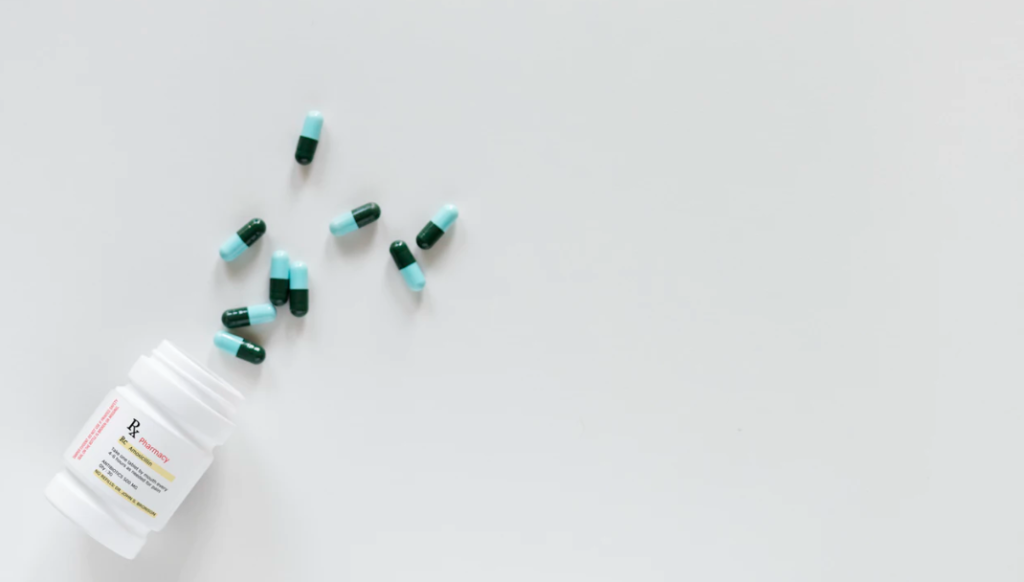Recovering from addiction is a process. There’s so much to learn, whether it’s about yourself or ways to help you recover and create healthy habits to make sure you don’t fall off the wagon again. And once you get your life back on track, the journey is not over. You’ve won half the battle and now you must maintain the life practices and habits to win the war. Here are five recommended books about addiction and recovery that can help educate and inspire.
1) A Million Little Pieces, James Frey
This semi-fictional book has the accolades and notoriety, having sold over 2 million copies and was selected in the prestigious Oprah’s Book Club in 2005. The story is told through the eyes of James Frey, a 23 year-old drug abuser and alcoholic who gives us a glimpse of his journey to recovery as he recalls his days at a rehab clinic. This book doesn’t come without controversy. After an appearance on the Oprah Show, it was revealed through journalistic investigation that the originally marketed memoir contained false claims and stretched truths. Despite the accusations, the book has an inspiring narrative that anyone can enjoy and apply to their own life.
2) My Fair Junkie: A Memoir of Getting Dirty and Staying Clean, by Amy Dresner
If you’re looking for a good laugh just as much as you’re looking for a good story, this is the book for you. Amy takes us through her sex, alcohol and drug addictions through hilarious anecdotes and is as honest and raw as it gets. Dresner herself is a stand-up comedian and a columnist for TheFix.com, an outlet we mentioned in our previous blog.
3) The Body Keeps the Score: Brain, Mind, and Body in the Healing of Trauma, Bessel Van Der Kolk M.D.
Traditionally, addiction treatment has focused on the healing of the mind and spirit. In this book, Dr. Van Der Beek explores the physical aspects of recovery, focusing on scientific evidence to explore how trauma affects the drug and alcohol use has on the body and brain. He also dives into a number of physical exercises that can help rejuvenate the brain’s neuroplasticity. This book is recommended for people looking for a fresh perspective on recovery.
4) The Recovering: Intoxication and Its Aftermath, Leslie Jamison
This is a popular memoir amongst recovering addicts and is regarded as a must-read within the sober community. The Author of multiple New York Times Best Sellers, Leslie Jamison takes us through a time in her personal life where she was dealing with addiction recovery. Legendary author Stephen King descirbed the book as, “An honest and important book . . . Vivid writing and required reading.”
5) Recover to Live: Kick Any Habit, Manage Any Addiction: Your Self-Treatment Guide to Alcohol, Drugs, Eating Disorders, Gambling, Hoarding, Smoking, Sex and Porn, Christopher Kennedy Lawford
If you’re looking for a book with a ton of professional advice from credible sources, look no farther than this book. Lawford brings in over 100 addiction experts who specialize in everything from alcohol and drugs to gambling and sex. He’s spent over 25 years in the recovery field and has a strong desire to help anyone looking to recover from addiction. It is known for being one of the most comprehensive books on recovery and addiction to date.
Whether it’s your own life or a loved ones, learning about addiction and recovery can help speed up and/or maintain the process. The first hand stories above by recovering addicts and scientists passionate about the subject can hopefully inspire and educate for generations to come.
Ready to start your recovery?
These recommended books on addiction and recovery are only the beginning of your journey to a healthier, happier you. Schedule a consultation and tour of Stairway to Freedom Sober Living in Chicago now.



